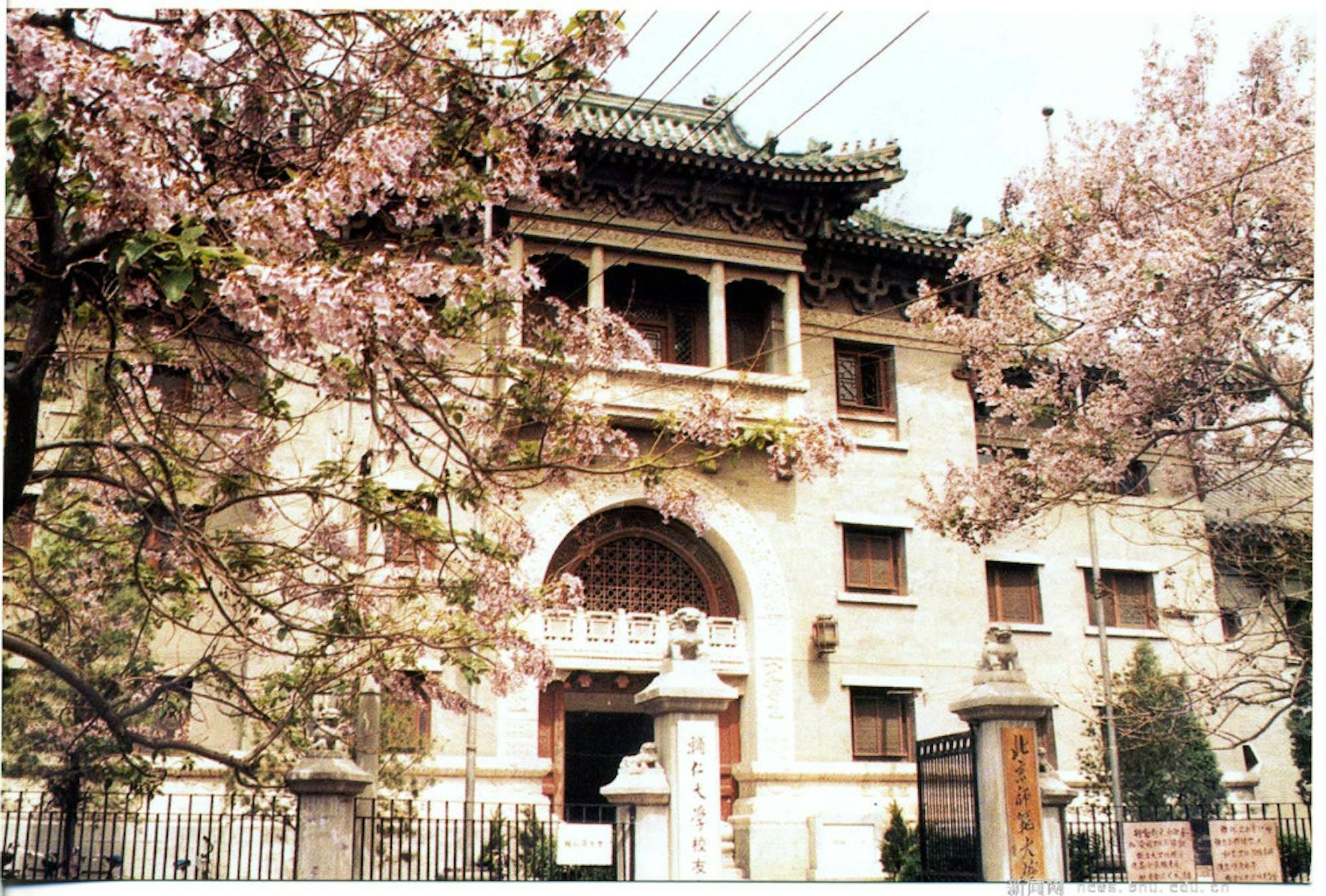The Tufts-in-China Program will move from Zhejiang University to Beijing Normal University (BNU) next fall.
According to Sheila Bayne, the director of Tufts Programs Abroad, the Tufts-in-China Program began in 2002 at Zhejiang University in Hangzhou, a city in eastern China on the Yangtze River Delta.
“At the time, the director of the Chinese program investigated a number of different possibilities in China, over a period of years. For a number of factors, they felt like Zhejiang University was the right place,” Bayne said.
Zhejiang University has a well-respected Chinese language program, Bayne noted. BNU is also well known for its language program.
Harrison Rubin, a junior currently studying abroad at Zhejiang, told the Daily in an electronic message that the school has deep connections with the business community in the region.
Mingquan Wang, the faculty advisor to the program and senior lecturer in the Chinese program, said that the retirement of Jay Yang, who oversaw the program, brought its future in question. Bayne said Yang, a residential director and history professor, taught a history course and one of the two culture courses.
“We started looking for a new partner institution. Through the Confucius Institute we got in contact with Beijing Normal University,” Bayne said.
Rubin noted that Beijing, which is the capital of China and a metropolis with a sizeable international community, offers more opportunities than Hangzhou.
“They are pretty different...Hangzhou is a very quaint and low key city. It’s situated next to the west lake, one of the prettiest locations in China, it’s a tier two city so not as developed as a tier one city,” Rubin told the Daily in electronic message
Rubin also said that Hangzhou offered an interesting opportunity to get to know southern China, but the international character of Beijing and the central location of BNU promises to transform the Tufts-in-China Program.
Tufts sent a delegation to China in the spring to choose the best university to relocate the study abroad program, Bayne said. When they visited BNU, the delegation reported that the university offers a number of advantages over Zhejiang.
“Zhejiang University is very spread out over Hangzhou, but BNU has an actual campus. So the library, the dorms, the classrooms, everything is right in one area,” Bayne said.
Bayne also added that BNU administrators are making a serious effort to promote international connections with American universities.
Bayne noted that Zhu Zhi-ping, the resident director of the new Tufts-in-Beijing Program, is leading the effort to finalize the creation of the new program.
“Zhu Zhi-ping is coming to the Tufts campus in the spring to meet with selected students and sit down with them and tell them what to expect,” Bayne said, noting that that visit will mark the final transition from Tufts-in-China to Tufts-in-Beijing.
Wang said that the Tufts delegation was deeply impressed.
“We were pleasantly surprised with how supportive and how ready the institution was to work with Tufts to set up the program,” Wang said.
As Wang noted, Tufts-in-China students are supposed to take three and a half language credits and two culture credits. BNU offers more culture classes, compared to more limited offerings from Zhejiang University, Wang said. Wang noted that access to the capital and to a greater number of culture classes would help Tufts students improve their language skills and gain an unprecedented depth of understanding of Chinese culture.
“Moving to Beijing offers advantages, not only in terms of institutional resources that we can take advantage of, but also the simple location," Wang said. "Beijing offers students enormous opportunities for cultural exploration.”
Tufts in China to become Tufts in Beijing

The south gate of Beijing Normal University, the institution where the new Tufts-in-China program will be held, is pictured.





